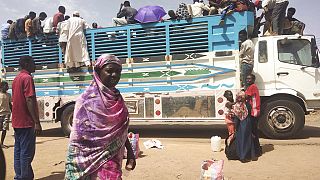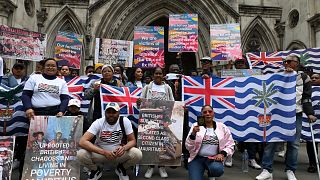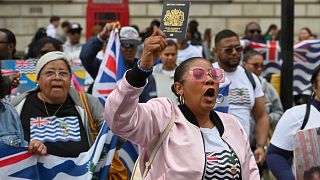The Morning Call
The island of Mauritius, a unique occurrence of nature, is known for its sparkling crystal turquoise waters of the Indian Ocean. The diversity in cultures, customs and tastes gives the island beauty that makes it a tourist’ paradise any day.
With the new offer by Mauritius of Citizenship by Investment to foreigners, tourists don’t have to leave anymore.
Instead of the arduous process of obtaining citizenship by other means in the past, citizenship of some countries can today be bought.
Mauritius as part of its appeal and to attract investors offers what is called Citizenship by Investment Programme (CIP). The offer entails offering foreigners the chance to obtain Mauritian citizenship in exchange for a non-refundable contribution of $1m to the national sovereign wealth fund.
The deal sweetner
Already, at least 24 countries offer the opportunity for a new home to people willing to invest in a business, real estate or government bonds. Part of the deal sweetener is that Mauritian passport holders have access to 121 countries without visa requirements.
Multiple passports are the latest trend among those of means, and several studies have proven this much. There are several benefits to such an initiative, like the opportunity of reduced tax burdens if it exists in a second country, travel opportunities and status elevation.
As of 2016, nine countries are effectively selling citizenship . Most are small islands in the Caribbean and the Mediterranean and all are relatively cash-trapped. Allowing foreigners to buy citizenship has the obvious effect of raising the country’s GDP.
While there are benefits, the downsides are quite real too. By analyzing the number of passports issued without official approval and the shortfall in revenues from those sales that were approved, the estimated revenue loss is quite alarming in many of these nations.
Its downsides
For some countries like Dominica and Saint Kitts and Nevis, citizenship sale is their primary source of revenue, but a big part of the funds generated never arrived in the state coffers.
The programme is said to be mismanaged, and public officials have been accused of pocketing much of the profits. There’s a complete lack of accountability. How many people are getting passports? What money is flowing?
Nearly a decade ago, an african nation, Comoros, also on the Indian Ocean waters launched a programme with the United Arab Emirates and Kuwait to sell citizenship to stateless people in those countries, known as Bidoon, in return for cash to help develop the poor Indian Ocean archipelago. However, by analyzing the number of passports issued without official approval and the shortfall in revenues from those sales that were approved, the commission estimated an overall revenue gap of about 43 billion Comoros francs that about $100 million.
The economic citizen programme generated significant financial resources. Sadly a big part of the funds generated never arrived in the state coffers.
With Mauritius launching its CI , there is a rising concern that it would provide haven to unscrupulous businessmen who can afford it.





![Africanews celebrates fifth anniversary [Night Shift]](https://static.euronews.com/articles/stories/05/57/72/74/320x180_cmsv2_6b1e7837-a917-526b-b3b4-4582a3f8bcac-5577274.jpg)
![Africanews celebrates fifth anniversary [Morning Call]](https://static.euronews.com/articles/stories/05/57/72/70/320x180_cmsv2_a6c857d4-80a3-510a-88e6-f060ea8d9ee9-5577270.jpg)






Go to video
Chagos deal backlash: UK under fire over £30 billion payout
01:49
Tourists, wildlife attempt amicable co-existance at Cape Town harbour
02:20
Indian Prime Minister in Mauritius for two-day visit
02:01
Former Mauritian PM released on bail following his arrest on Sunday
00:52
Former Mauritian prime minister arrested in money-laundering probe
01:05
Chagos Islands: Mauritius questions agreement with UK